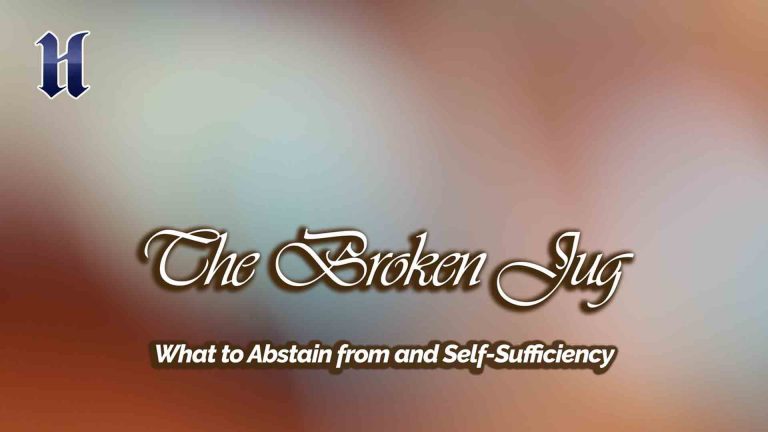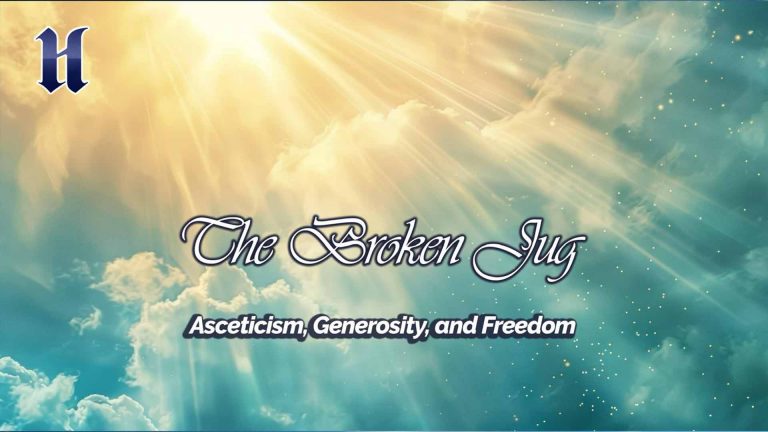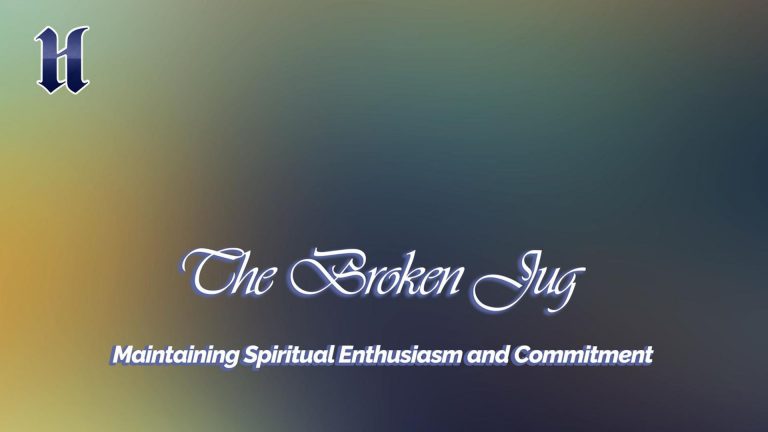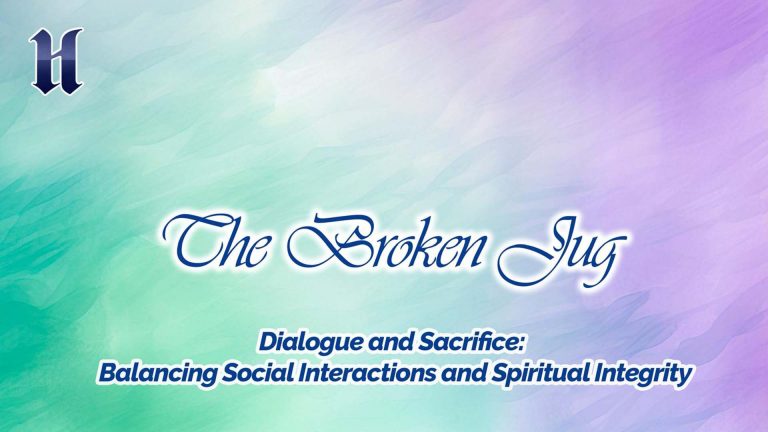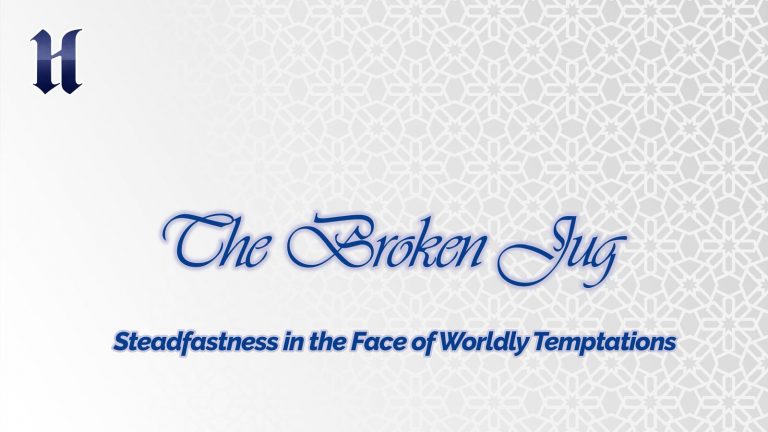Compassion might be regarded as one of the lost yet essential virtues of humanity. Numerous hadiths emphasize that rifq (kindness, gentleness) and shafkat (compassion) are among the most cherished traits in good character, as favored by Allah. These traits are innately virtuous, providing their bearers with inherent goodness and special blessings.
“Allah is Gentle and loves gentleness in all matters,” as stated in both Bukhari (Adab 35) and Muslim (Salam 10). Furthermore, a hadith in Tirmidhi (Birr 16) and Abu Dawood (Adab 58) conveys, “The Compassionate One has mercy on those who are merciful. If you show mercy to those who are on the earth, He Who is in the heaven will show mercy to you.”
The Almighty introduces Himself with the names Rahman (The Most Gracious) and Rahim (The Most Merciful). The Beautiful Names of Allah, or ‘Asma-ul Husna’, are attributes that not only reveal aspects of His Divine Essence but also guide believers in understanding Him. To receive their due share of these attributes’ broader manifestations, believers are encouraged to embody Divine morality, adopting Allah’s moral attributes.
Similarly, the Quran highlights the mercy embodied by Muhammad, the Messenger of God (peace and blessings be upon him). In surah al-Anbiya (21:107), he is proclaimed to have been “sent as a mercy to all the worlds.” Furthermore, surah at-Tawba (9:128) characterizes the Messenger as the epitome of “rauf” (compassionate) and “rahim” (merciful) traits, marking him as an absolute symbol of compassion and mercy. The Prophet, revered as the “Pride of Humanity”, harbored such profound compassion and kindness towards humanity that others’ spiritual plight deeply affected him, as if he underwent numerous deaths each day.[1] This leads to a pertinent question: Shouldn’t his followers, who regard him as the ultimate exemplar, also cultivate these qualities of compassion and gentleness?
The stark reality, albeit disheartening, is evident: the prevailing state of affairs does not inspire optimism regarding the cultivation of compassion and mercy. These once-cherished virtues appear to have faded in the Islamic world. Observing the vast expanse of Islamic geography reveals a disturbing dominion of heartlessness. Regretfully, Islamic regions are increasingly engulfed in waves of ruthlessness. In these areas, figures of oppression, tyranny, and despotism prevail, manipulating the honor, dignity, lives, and properties of people with ease. They pursue those who differ in thought or identity with alarming aggression – hanging, cutting, burning, and demolishing without restraint.
This issue transcends beyond the confines of the Islamic world, manifesting as a global crisis. Humanity is often denied the respect and love it rightfully deserves. The world, rather than being guided by love, compassion, and mercy, frequently witnesses actions that are harsh and callous, irreconcilable with these core values. The overall global scenario in this regard is anything but uplifting. It is particularly perplexing to see those professing to be Muslims adopting a path starkly opposite to Islamic teachings. This misalignment is not only baffling for those oblivious to these teachings but also for those who actively identify with their Muslim faith, especially considering the Quran’s universal message and the key principles exemplified by the Prophet. This scenario is not just perplexing but deeply concerning.
When we turn our gaze to our own countries, we observe a disconcerting pattern among some who profess to be Muslim, as they engage in various forms of oppression, malevolence, rebellion, and sin. Political leaders are increasingly resorting to deceit, presenting new falsehoods to their populace daily. They unhesitatingly hurl baseless accusations against those they deem adversaries or foes, showing neither shame nor remorse for their actions.
In Islam, lying and slandering are recognized as sins. If an individual who has committed such acts sincerely repents and seeks forgiveness from those they have wronged, there is hope for Divine forgiveness. This hope persists even if they err again, provided they maintain remorse, turn to Allah, and repent. However, persistent and conscious lying, violating others’ rights through falsehoods, and indifference to their own wrongdoings significantly aggravate their moral and spiritual crisis. The integrity of one’s faith becomes questionable when they trivialize their lies and slander. Treating a clear sin as permissible is a serious transgression that can distance one from the true path of faith.
Leaders and rulers often desire uniformity of thought and action among their people, sometimes establishing oppressive and tyrannical regimes to enforce this. The public, influenced by this environment and driven by partisanship, may become desensitized to such dishonesty, even endorsing and applauding these actions. In such political climates, fabricating convincing lies and slander to discredit, accuse, and destroy opposition is not only normalized but often lauded. The failure to react or object to these unethical practices is akin to complicit silence in the face of injustice, akin to being a mute devil.
Unfortunately, this pattern of behavior has pervaded much of the Islamic world, leading to a decline not only in the true practice of Islam but also in the preservation of basic human emotions and rationality. This has led to the perpetration of numerous acts of cruelty and barbarism, which should, in a just and compassionate society, provoke outrage and demand rectification. Yet, these continue largely unchecked, highlighting a severe erosion of moral and ethical values.
Documentaries sometimes reveal that even wild animals can exhibit more mercy than certain modern-day tyrants. For instance, in a documentary I saw, a panther captures a monkey. At the moment it prepares to eat it, the monkey gives birth. The panther immediately releases the mother and turns its attention to the newborn, displaying behaviors akin to care and concern. This instance of a wild animal, initially set on feeding, displaying a remarkable level of compassion towards its newborn prey is truly profound. The animal’s actions – leaning over, licking, sniffing, breathing into the mouth of the newborn to resuscitate it, and looking around in apparent helplessness, wondering what more it can do – reveal a glimpse of compassion in the natural world. In a similar vein, the affectionate behavior of a lion towards its former caretaker showcases a form of gratitude and recognition of past care. Another example is a bear entering the water to rescue a struggling bird with an injured wing, swimming to it, lifting it out of the water, and carrying it to the shore, showcasing an unexpected empathy.
Tragically, such instances of compassion are sometimes more than what is found in some human tyrants. Despite often showing kindness to these individuals as a part of our human duty, the response from such individuals can be harsh and ungrateful, including verbal or physical assaults and threats to life. Their actions lack even the basic gratitude seen in wild animals. They oppress indiscriminately, targeting those unlike themselves, regardless of age or gender, and intrude on fundamental rights like religion, honor, life, freedom, property, and status. The vulnerability of their victims does not evoke sympathy but seems to fuel their cruelty further.
How, then, should we regard these individuals who fail to demonstrate even the most basic level of compassion and mercy, traits that are sometimes found even in animals? As the Quran states in surah al-A’raf (7:179), such individuals are considered to be in a position lower than that of animals, devoid of the mercy and empathy that are fundamental to humanity.
It is a stark reality that we have lost our sense of compassion, along with many other values. The current generations are unfortunately growing up in an environment where love, compassion, and mercy are scarce. This has led to many, including those who profess to be Muslims, failing to uphold even the most basic human virtues and to treat one another with humanity. In extreme cases, they descend into levels of brutality that surpass even those found in wild animals, losing sight of their innate humaneness and resorting to aggression and disdain towards others. They deny basic human rights and freedoms to those who do not align with their thoughts or path. These individuals have surrendered to their base desires, chasing the fleeting pleasures of the world. This pursuit not only dims their prospects in this life but also in the Hereafter.
In such a context, the growth of Islamic sentiment and thought, and the spiritual journey towards Allah become hindered. Such behavior and attitudes are far from what Allah and His messenger (peace be upon him) would approve of.
In essence, compassion is not merely a central value of Islam; it is also the cornerstone of our vocation. For those committed to the path of faith and Quranic service in the Hizmet Movement, their journey involves contemplation, with compassion as their guiding horizon. It is through compassion and thoughtful reflection that other fundamental principles of this vocation, such as acknowledging one’s powerlessness (ajz) and poverty (faqr) before God, fostering enthusiasm for God and servitude to Him (shawk), and practicing gratitude towards Him (shukr), are understood and embraced. Without compassion and contemplative thought, addressing worldly challenges and achieving spiritual salvation becomes significantly more difficult. Those lacking these principles contribute to a world rife with problems and jeopardize their own Hereafter. Conversely, it is imperative for the devoted, particularly Hizmet Movement volunteers who regard compassion as a pivotal aspect of their mission, to embody this principle in their conduct. Irrespective of the cruelty they may encounter, they must persist in treating everyone, including those who harm them, with humanity and maintain a noble, magnanimous stance in life.*
[1] Surah al-Kafh, 18:6; Surah ash-Shu’ara,26:3.


